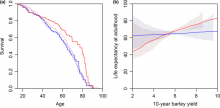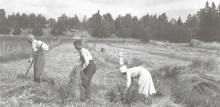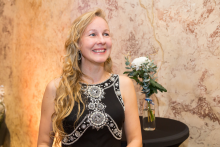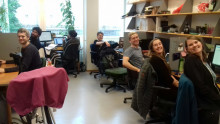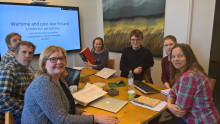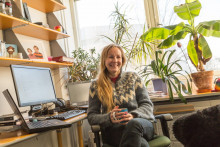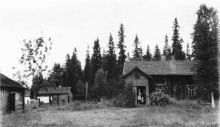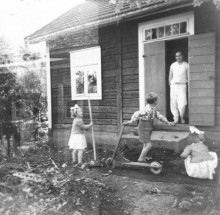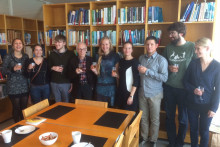
Kaya Burgess, Science Reporter
Wednesday May 31 2023, 7:40am BST, The Times
Grannies are great at keeping children healthy (thetimes.co.uk)
Enlisting a wise and willing grandmother to help with childcare can save parents money but spending time with granny can also prolong children’s lives by protecting them from infection, scientists have found.
Children are less likely to die from conditions such as pox, lung and diarrhoeal infections if their family has a grandmother to call on, specifically a maternal grandmother, to offer “care and wisdom”, a study suggests.
Researchers from the University of Turku in Finland and the Max Planck Institute for Infection Biology in Germany examined data on 9,705 children aged from 0 to 15 who lived in Finland between 1761 and 1900.
Of these, 3,857 died before reaching 15. Their causes of death were noted, while parish records showed if they had living grandmothers.
The most common causes of death were smallpox, pulmonary infections such as pneumonia and tuberculosis, measles, “diarrhoeal” diseases such as cholera and dysentery, and accidents including drowning, suffocation, falls and, in at least one case, being kicked by a horse.
The study, published in the journal Proceedings of the Royal Society B, concluded: “We found that grandmother presence contributes to the survival and reproductive success of kin by increasing survival from infections.”
Children with living maternal grandmothers were 4.4 per cent more likely to reach the age of 15 without dying from smallpox, lung and diarrhoeal infections, though it did not reduce the risk from measles or accidents or make parents more likely to vaccinate.
Despite the study using a historical data set, the findings are “important for public health” and demonstrate the “significant role of grandmother care” in raising children, the study found.
The study said that grandmothers can help by “providing nutrition and childcare” and “monetary” contributions and can also pass on knowledge, including through the “early recognition of symptoms”.
Women who live long enough to play a hands-on role in rearing their grandchildren may also pass on genes that promote longer, healthier lives.
The benefit was not seen from paternal grandmothers, possibly because many children in 19th century Finland lived in the same household as their father’s mother, who provided competition for resources. The authors said the study provided further evidence that in “historical and contemporary human societies, grandmothers contribute to raising grandchildren, thereby improving grandchild survival”.
It is widely believed that human women have evolved to live for several decades after ceasing to be fertile in order to provide care for their grandchildren, they noted.
The study said that grandmothers can “provide knowledge in childcare, particularly during critical times such as sickness and epidemics”, noting that separate studies have found grandmothers play a key role in encouraging parents to vaccinate their children.
Read the original article:
Ukonaho S, Chapman SN, Briga M, Lummaa V. 2023: Grandmother presence improved grandchild survival against childhood infections but not vaccination coverage in historical Finns. Proc. R. Soc. B 290: 20230690.
DOI: 10.1098/rspb.2023.0690

